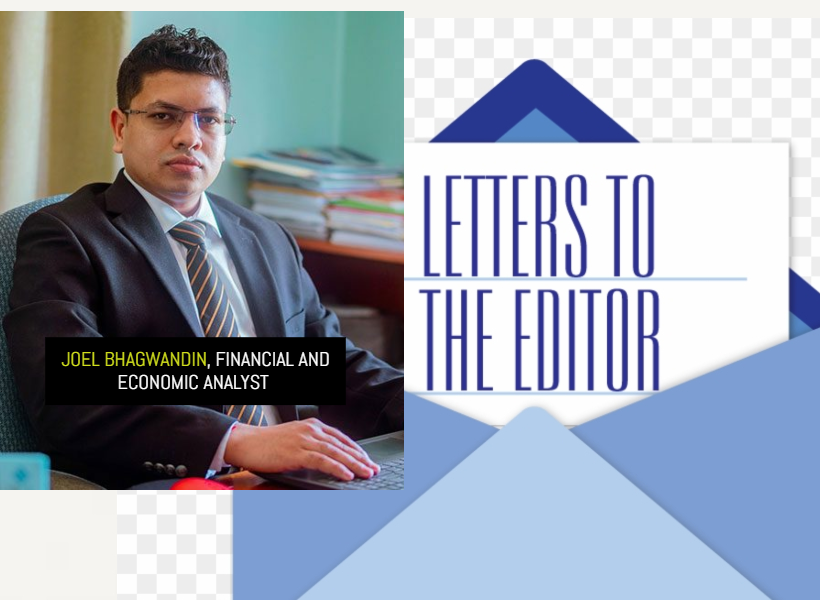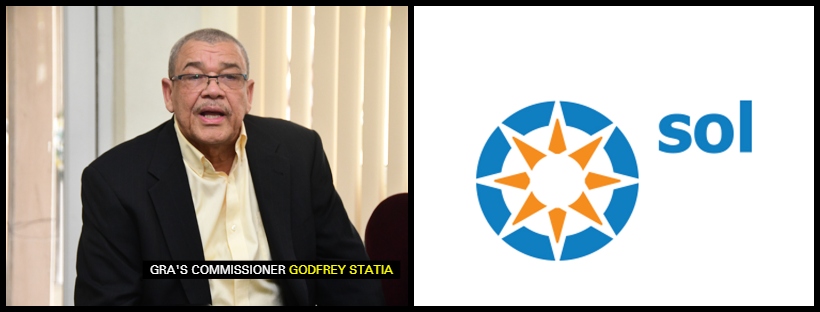SOL Guyana Inc. has lost a court case it filed to avoid the payment of $2.7B in taxes to the Guyana Revenue Authority (GRA).
The case was heard before Madam Justice Damone F. J. Younge. The judge refused to extend further time to SOL to challenge the assessment by the tax body for the years 2014 to 2020 which totaled $2, 713, 212, 251.00.
In the court documents filed and seen by Guyana Standard, the Applicant objected to the assessments and communicated its reasons to the Respondent by letter dated October 13, 2021.
The Respondent subsequently wrote to the Applicant indicating that the authority maintains its assessment of corporation tax for the years mentioned.
SOL told the court that it later wrote GRA on June 17, 2022 signaling its intention to appeal and also requested approval “to post a bond, guarantee or any appropriate form of security in lieu of taxes” as surety for its appeal against the Respondent’s assessment. In that letter it was further stated that “given the size of the Company’s operations in Guyana, the quantum of the assessment, the impact of rising commodity prices, and in reviewing the Company’s financial obligations in- Guyana, the company will be severely impacted from a cash flow perspective if it attempts to settle the assessed tax, and is indeed unable to do so.”
By its own admission, as at June 17, 2022 when approval was sought to lodge a bond, the Applicant had not yet secured same. The Applicant claimed, at paragraph 9 of its Affidavit that it “took all necessary steps to effect the bond by engaging the services of its insurance broker for the purpose of lodging same” and that despite the insurance broker’s best efforts “the bond could not be put in place prior to June 27, 2022…”
The company’s request for approval was not favorably considered by GRA and this was stated in a letter dated June 24, 2022 addressed to counsel for the Applicant.
SOL contended that the failure of GRA to respond to its request to lodge a bond as surety before June 24, 2022, frustrated its right to appeal, which formed the basis of the proceedings that followed. The Applicant further contended that it could not lodge a bond to secure its appeal unless and until the Respondent approved of it.
GRA, in response, vehemently denied frustrating the company’s ability to appeal its assessment and contended that it was the applicant’s own actions that prevented it from appealing in time, since at the time the request was made to lodge a bond, the applicant was not even in a position to do so. The authority’s position was that it acted in compliance with the laws.
In its ruling, the court said it finds it difficult to accept that the Commissioner General would be called upon to grant approval of a bond where no actual bond was put before him or where, for instance, he had no information on the proposed bond or any kind of undertaking from an insurance broker or financial institution as the case may be.
Having carefully considered the fixed date application, together with the affidavit evidence, and having also considered written submissions of counsel for both parties, the court said it holds that the full payment of disputed taxes or the lodging of the bond or guarantee is a precondition before the right of appeal against an assessment under the Income Tax Act can be exercised.
The court also found that the applicant did not satisfy the pre-condition for appeal set out in the law so it has no right of appeal.
GRA also won costs to the tune of $250,000 which is to be paid by Sol before October 24, 2022.











